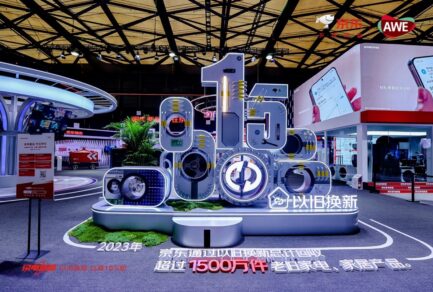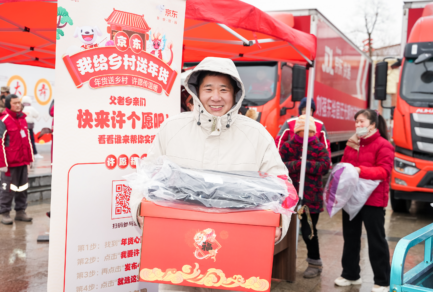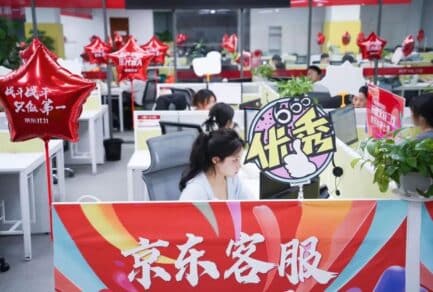Sep 18, 2020|
JD’s Photovoltaic Power Generation System to Reduce Carbon Emissions
by Yuchuan Wang
JD.com announced that its logistics parks will generate 160 million kilowatt-hour (kWh) of electricity annually by 2021, reducing annual carbon dioxide emissions by 136,000 tons— equivalent to saving 52,000 tons of coal. This clean energy will be generated through photovoltaic power generation systems in JD’s more than 10 Asia No.1 logistics parks across China.
Earlier this year the Global Footprint Network announced that humanity is currently consuming planet resources 1.75 times faster than the earth can regenerate; and that figure will increase to 3 by year 2030. Additionally, the UN Environment Programme-led Inclusive Wealth Index reported that between 1992 and 2014, 140 countries lost natural capital, which is defined as the world’s stocks of natural assets, as GDP and human capital increased.
In recognition of this urgency, JD launched the “Green Stream Initiative” in 2017, a joint green supply chain campaign with the goal of improving the utilization rate of supply chain resources and reducing carbon emissions.
Under this initiative, JD began to utilize photovoltaic power generation systems in its logistics parks in 2018. For reference, the Shanghai Asia No. 1 logistics park’s power system features 8,600 monocrystalline silicon solar modules that can generate 2.3 million kWh electricity annually. This clean energy is being used for 60 production scenarios covering a 100,000 square meter area including warehouse lighting, new energy vehicle charging, automated picking, sorting and packaging.
During the 618 Grand Promotion this year, JD Logistics also introduced 78 “dark warehouses”, in which highly automated smart logistics facilities work in the dark—saving 1,572,480 kWh electricity in total.
Another way in which the company is cutting down on waste is by applying algorithms to recommend packaging materials. To put it simply, when warehouse employees choose packaging materials by hand they are inevitably prone to human error, occasionally using mis-sized packaging that results in unnecessary waste. The algorithm powers a fully automated packaging system that ensures a more precise use of packaging materials.
In 2019, JD Logistics, as China’s first logistics company, joined the Science Based Targets initiative (SBTi), an ambitious global campaign aimed at driving corporate action on climate change.

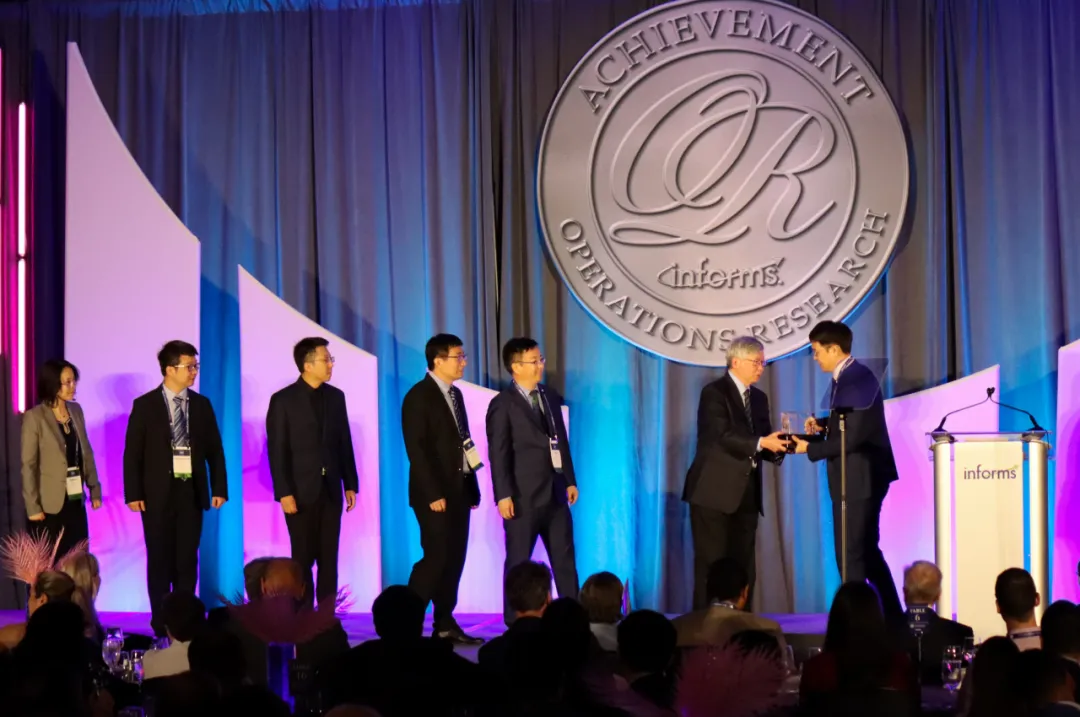
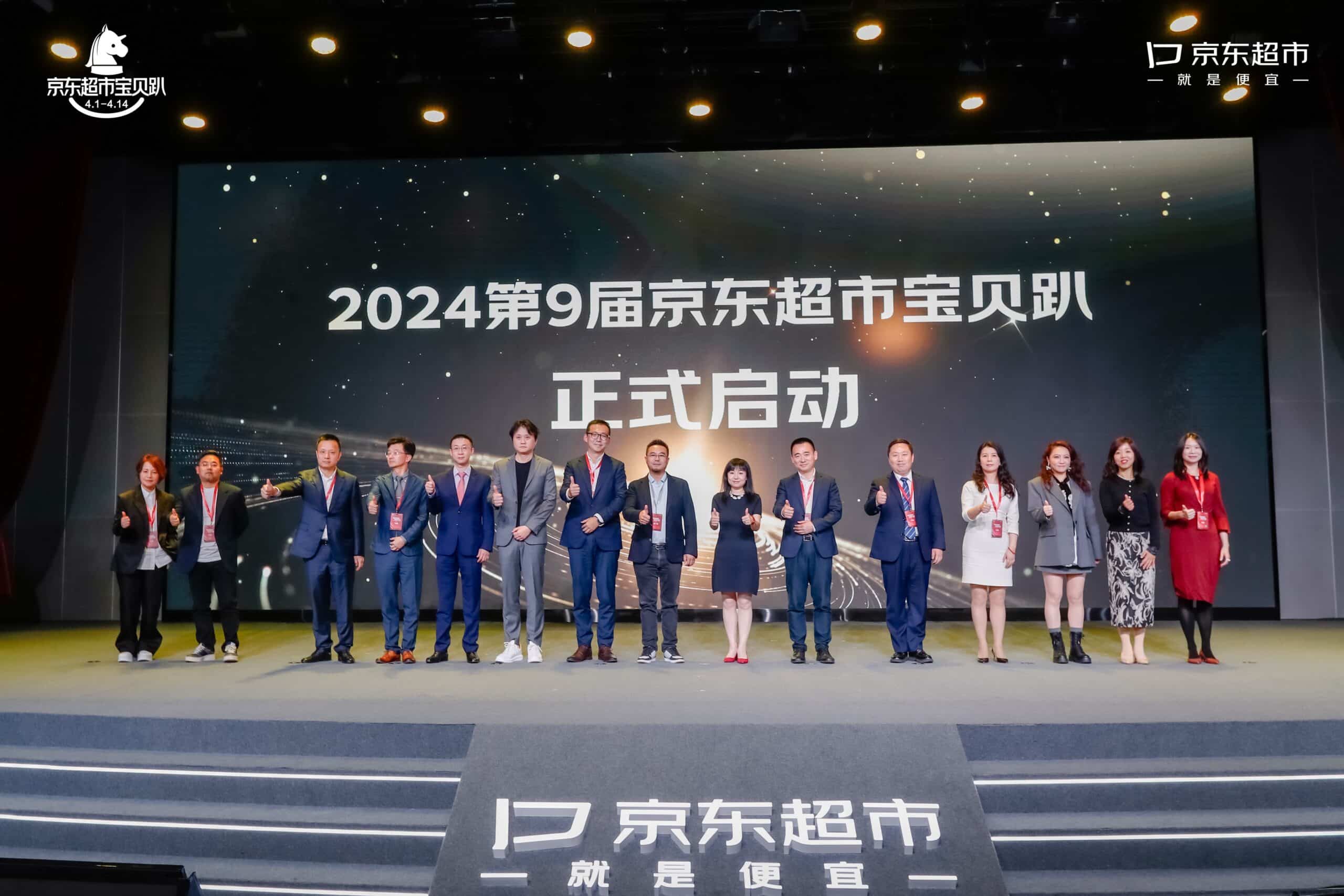
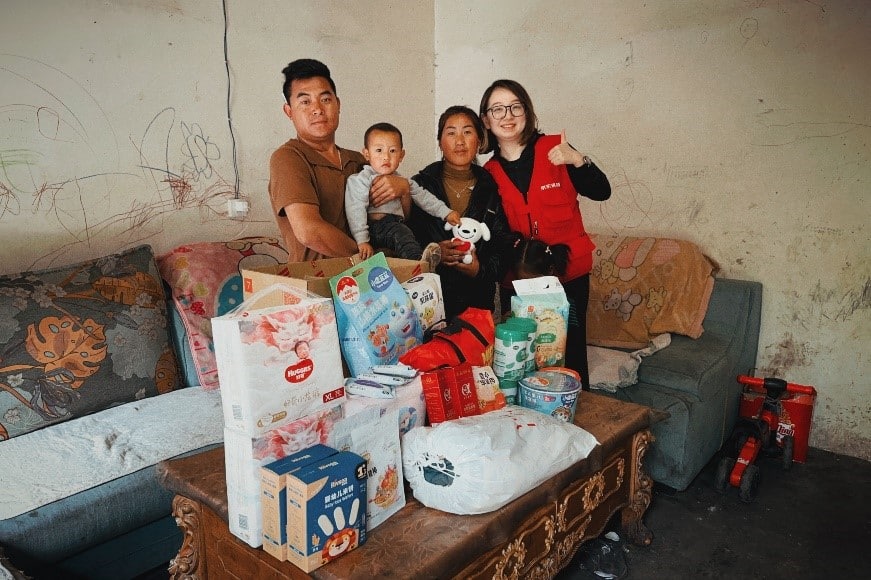
 JD Brings London Fashion Week Digital to China Exclusively
JD Brings London Fashion Week Digital to China Exclusively
